About Bridge Murray Itzkowitz House
Bridge Murray Itzkowitz House is a dual diagnosis and adult program in New York, New York that is LGBTQ friendly and military friendly. The program offers inpatient and outpatient rehabilitation, as well as experiential therapy and group therapy. The program is designed to help those who have been affected by trauma, whether it be from their time in the military or from other aspects of their life.
Addiction Treatment Programs
Dual Diagnosis
People with a dual diagnosis may be using substances to self-medicate. A high-quality rehab in New York can address both issues and help you reach recovery. Along with traditional evidence-based substance use treatment, clients may receive mental health counseling, medication, peer support, and other tools to help them manage their mental health.
Adult Program
Adult programs in New York address a wide range of substance use issues while also helping clients with concerns such as raising children or building a career. Along with traditional evidence-based treatment, clients may receive employment support, parenting classes, and help securing housing.
LGBTQ Friendly Rehab
For those who identify as LGBTQ+, an LGBTQ+ friendly rehab in New York can give you the understanding and safety you need to break free from addiction. LGBTQ+ friendly programs may include detox, inpatient treatment, outpatient care, aftercare services, and more. They will be tailored to take into account your unique individual needs.
Military Rehab
Finding a military rehab in New York can make all the difference in helping you overcome substance use if you’re a veteran or service member. Along with traditional evidence-based treatment, clients may receive trauma-focused care, peer support, help with PTSD, and classes in overcoming other specific challenges.
Insurance Coverage
Medicaid
Paying for rehab in New York can be done in multiple ways, including using Medicaid if you qualify. Medicaid covers multiple levels of care, and you may have no out-of-pocket costs. However, you’ll need to choose a treatment center that accepts Medicaid.
Financial aid
Those wondering how to pay for rehab in New York may benefit from looking for financial aid programs. You may be able to find aid through community groups in your area, and individual treatment centers may offer grants and scholarships as well.
Financing available
If you’re struggling to pay for rehab treatment in New York, consider asking if financing options are available. Financing detox, inpatient treatment, outpatient care, and more allows you to break free from substance use more affordably. Consider asking about scholarships, payment plans, grants, or medical loans.
Medicare
In New York, using Medicare to pay for rehab can allow you to get the care you need. Plans vary, so be sure to get all the details before you start treatment. You may have out-of-pocket costs such as deductibles and copays.
Military insurance
If you have military insurance in New York, you can use your coverage to help pay for rehab treatment. Contact your insurer to get details about coverage and out-of-pocket costs, such as deductibles and copayments.
Levels of Care
- 1
Inpatient Rehab
Inpatient treatment in New York is led by professionals who help you build new habits and skills to live a substance-free life. Residential treatment allows you to build new relationships and begin to learn how to enjoy life without substance use.
Therapies
Experiential Therapy
When you’re struggling with addiction in New York, nontraditional approaches can help you heal. Experiential therapy, which uses hands-on activities to work through emotions, is one example. Experiential therapy is commonly part of inpatient or intensive outpatient treatment and may be used to help with skill-building, addressing trauma, and managing substance use triggers.
Group Therapy
It’s easy to feel isolated when you battle addiction, but group therapy in New York can show you you’re not alone. Group therapy is a normal part of evidence-based treatment programs, and may be a part of inpatient treatment, outpatient care, or both. Topics include addiction education, sharing of experiences, and learning new skills.
Trauma Therapy
Trauma is an emotional response to a terrible event, and some people use substances to numb those emotions. Trauma-informed therapy in New York can help you address what happened and consciously create a healthier response. Trauma-informed therapy sessions generally last 60 to 90 minutes and may include discussing a specific event, talking about emotional triggers, and learning emotional regulation and cognitive restructuring skills.
Location
Contact Bridge Murray Itzkowitz House
Top Drug Rehab Centers in New York
-
 New York
New YorkSeafield Outpatient Mineola
110 Main Street Mineola, New York 11501
-
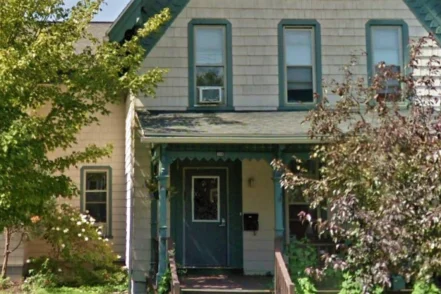 New York
New YorkCredo Community Center Mens Aftercare Community Residence
138 Winthrop Street Watertown, New York 13601
-
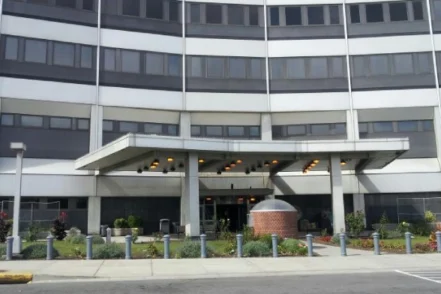 New York
New YorkBronx VA James J Peters Medical Center
130 West Kingsbridge Road Bronx, New York 10468
-
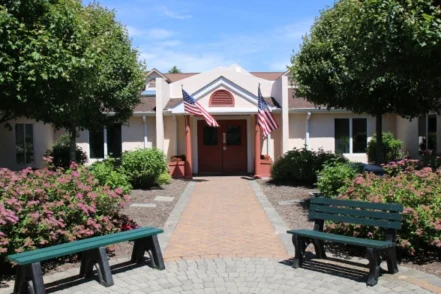 New York
New YorkLong Island Center for Recovery LICR
320 West Montauk Highway Hampton Bays, New York 11946
-
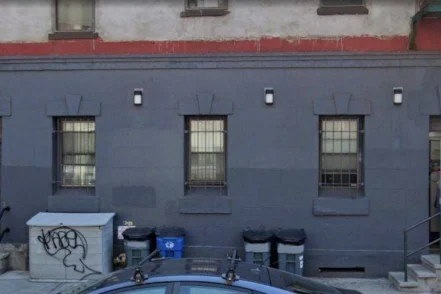 New York
New YorkLaFayette Medical Approach Outpatient
233 Lafayette Street New York, New York 10012
-
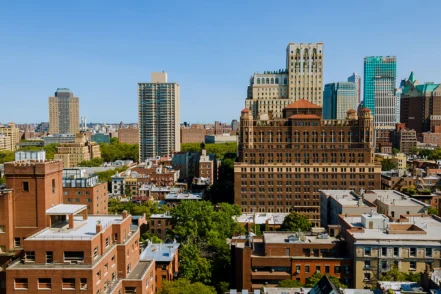 New York
New YorkRealization Center Brooklyn
175 Remsen Street Brooklyn, New York 11201
-
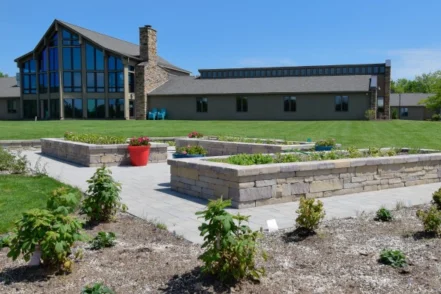 New York
New YorkTully Hill Treatment and Recovery
5821 Route 80 Tully, New York 13159
-
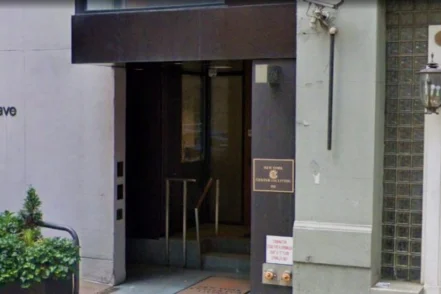 New York
New YorkNew York Center for Living
226 East 52Nd Street New York, New York 10022
-
 New York
New YorkNewYork Presbyterian Westchester Division
Nichols Cottage Basement Area 21 Bloomingdale Road White Plains, New York 10605
-
 New York
New YorkParallax Center
145 East 32nd Street New York, New York 10016
-
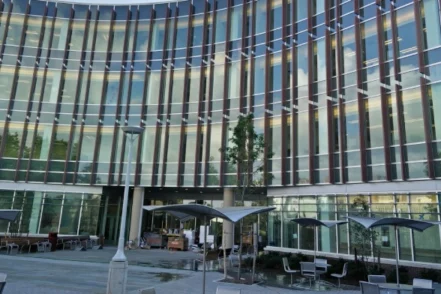 New York
New YorkBronx Addiction Treatment Center
1500 Waters Place, Building 13 Bronx, New York 10461
-
 New York
New YorkElmhurst Hospital Center Elmhurst
7901 Broadway Street Elmhurst, New York 11373
-
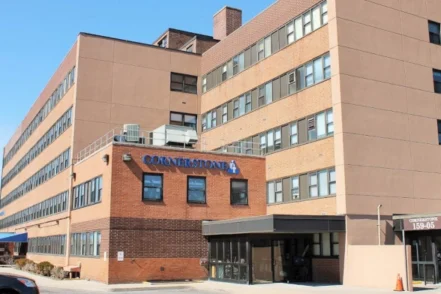 New York
New YorkCornerstone Fresh Meadows
159-05 Union Turnpike Fresh Meadows, New York 11366
-
 New York
New YorkSaint Josephs ATRC Saranac Lake Outpatient Clinic
12983 Saranac Lake, New York 12983
Other Popular New York Cities
Browse by New York cities
- Wainscott
- Walden
- Walton
- Wantagh
- Wappingers Falls
- Warsaw
- Waterloo
- Watertown
- Watkins Glen
- Waverly
- Webster
- Wellsville
- West Babylon
- West Haven
- West Haverstraw
- West Hempstead
- West Seneca
- Westbury
- Westhampton Beach
- Westons Mills
- White Plains
- Willard
- Williston Park
- Wingdale
- Woodmere
- Woodside
- Woodstock
- Wyandanch